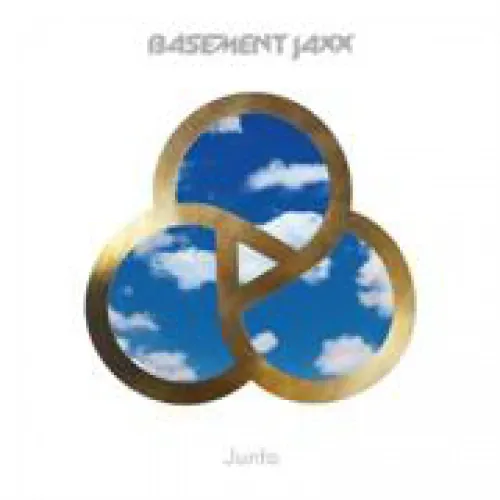
Basement Jaxx
Top Basement Jaxx albums
Top Basement Jaxx lyrics
Back 2 the Wild (Gorgon City remix)
Basement JaxxBack 2 the Wild (Gorgon Jaxx dub)
Basement JaxxBack 2 the Wild (Jaxx Casadub)
Basement JaxxBack 2 the Wild (Jaxx extended mix)
Basement JaxxBack 2 the Wild (Jaxx Work-A-dub)
Basement JaxxBasement Jaxx biography
The production duo of Simon Ratcliffe and Felix Buxton released several of Britain's most respected and enjoyable progressive house anthems of the '90s from their base in South London. Before they met (at a Thames riverboat party organized by Buxton), Ratcliffe grooved to the deep Latin funk of War and George Duke while Buxton was turned on to Chicago house. The pair formed Atlantic Jaxx Records in 1994 and was undoubtedly honored to count among fans of their first release none other than DJ legend and Basement Jaxx influence Tony Humphries, who played "Da Underground" from the EP on his New York mixshow consistently during 1994-1995. For their second release, Ratcliffe and Buxton recruited vocalist Corrina Josephs, who later became practically a member of the team herself.br /br /The 1995 single "Samba Magic" was picked up for distribution by Virgin, and in time, Basement Jaxx was drawing praise from all corners of the American and British house community as one of the top house production units. The pair spent much of 1996 working on remixes (for the Pet Shop Boys, Roger Sanchez, and Lil' Mo' Yin Yang among others), then released a third Basement Jaxx EP. One track from the EP, "Flylife," became a Top 20 hit in England after being re-released by Multiply in mid-1997, and the single proved one of the most popular anthems of the year on the worldwide club scene. Late that year, Ratcliffe and Buxton released a compilation of their most crucial Atlantic Jaxx sides. br /br /After being courted by several major labels, Basement Jaxx signed to the independent XL Recordings (also home to the Prodigy) and readied their debut full-length, Remedy, for a 1999 release. Second album Rooty followed two years later, an outgrowth of the duo's similarly named club night. 2003's Kish Kash and 2006's Crazy Itch Radio followed, while Singles was a well-timed stopgap release between the two albums. ~ John Bush, All Music Guide
